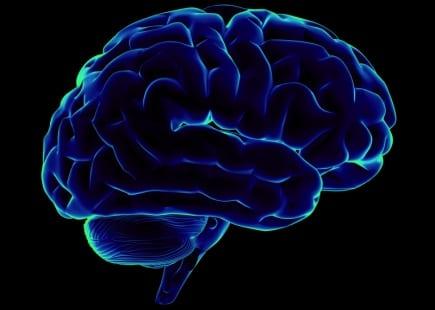Although there remains no cure and only limited treatments for symptoms, there’s a bit of good news to report this year during World Alzheimer’s Month. 
A handful of changes to a person’s diet and day-to-day activity may help lessen the risk of developing Alzheimer’s, according to a study presented over the summer at the Alzheimer’s Association International Conference in Los Angeles. And as always, testing for the Alzheimer’s gene can help you understand your risk potential.
Five Lifestyle Changes to Reduce Risk
The data from several studies looked at how healthy lifestyle changes mitigate the risk of developing Alzheimer’s. One study showed that individuals who adopted a few lifestyle changes — exercise, healthy diet, abstaining from smoking, and cognitive stimulation brain games — substantially lowered their risk for Alzheimer’s.
Heather Synder, the senior director of medical and scientific operations at the Alzheimer’s Association, told the Washington Post in July that the study offered a lot of hope.
“This demonstrates the potential of lifestyle behaviors to reduce risk as we age,” Synder said. “The fact that four or five lifestyle habits put together can have that kind of benefit for your brain is incredibly powerful.”
The Sixth Leading Cause of Death in the U.S.
Alzheimer’s disease affects more than 5.8 million Americans, and it is the sixth leading cause of death in the United States. It’s characterized by memory loss, cognitive decline, and personality changes. Many factors, including both genetics and lifestyle, influence the chances of developing Alzheimer’s. Although we can’t change our genetics, this new data suggests that healthy lifestyle changes could help reduce our risk.
The findings are welcome news coming on the heels of several disappointing failures in clinical trials of potential Alzheimer’s drugs, and frustration over the lack of progress in finding new treatments.
Late-Onset
23andMe’s Health + Ancestry Service includes a Genetic Health Risk* report on late-onset Alzheimer’s disease, which is the most common form of Alzheimer’s disease. Many factors, including genetics, environment, and lifestyle, can influence a person’s chances of developing the condition. 23andMe’s report only looks at the most common genetic variant associated with late-onset Alzheimer’s disease.
You can find out more about 23andMe’s Health + Ancestry Service here.
*The 23andMe PGS test uses qualitative genotyping to detect select clinically relevant variants in the genomic DNA of adults from saliva for the purpose of reporting and interpreting genetic health risks. It is not intended to diagnose any disease. Your ethnicity may affect the relevance of each report and how your genetic health risk results are interpreted. Each genetic health risk report describes if a person has variants associated with a higher risk of developing a disease. But it does not describe a person’s overall risk of developing the disease.
The test is not intended to tell you anything about your current state of health, or to be used to make medical decisions. This includes whether or not you should take a medication, how much of a medication you should take, or determine any treatment. The Late-Onset Alzheimer’s Disease genetic health risk report is indicated for reporting of the e4 variant in the APOE gene. It describes if a person has a variant associated with an increased risk of developing late-onset Alzheimer’s disease. The e4 variant included in this report is found and has been studied in many ethnicities. Detailed risk estimates have been studied the most in people of European descent.




